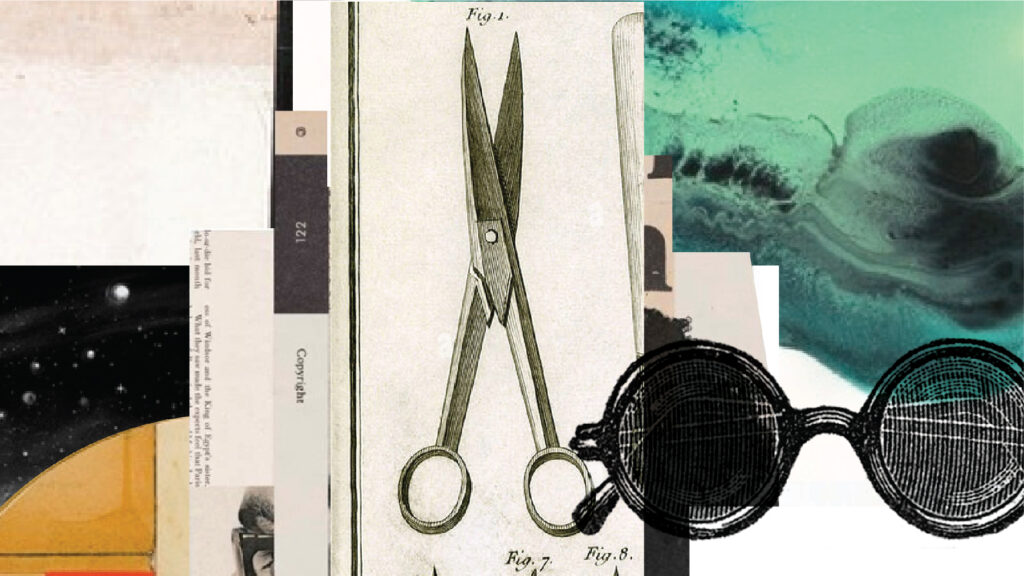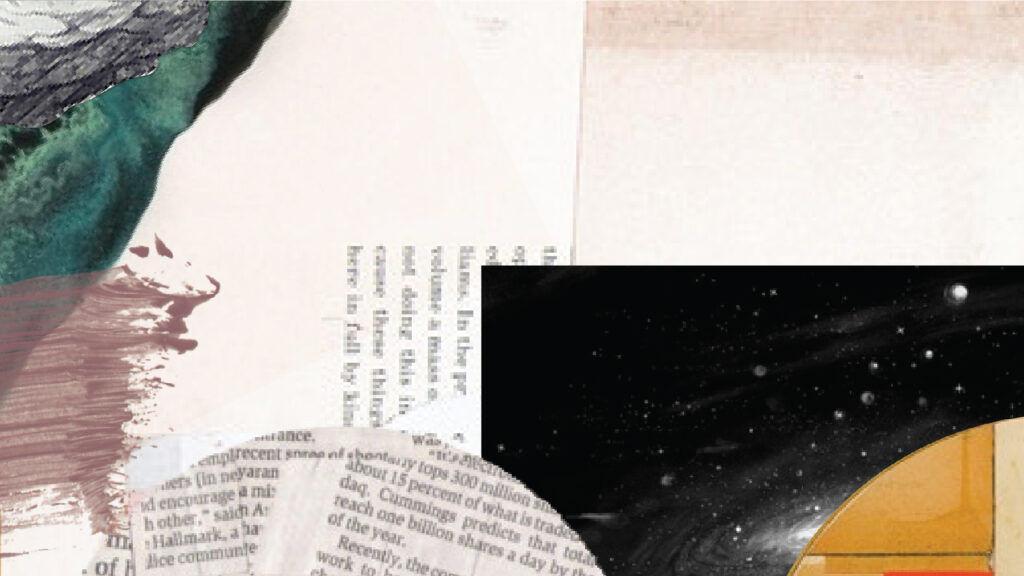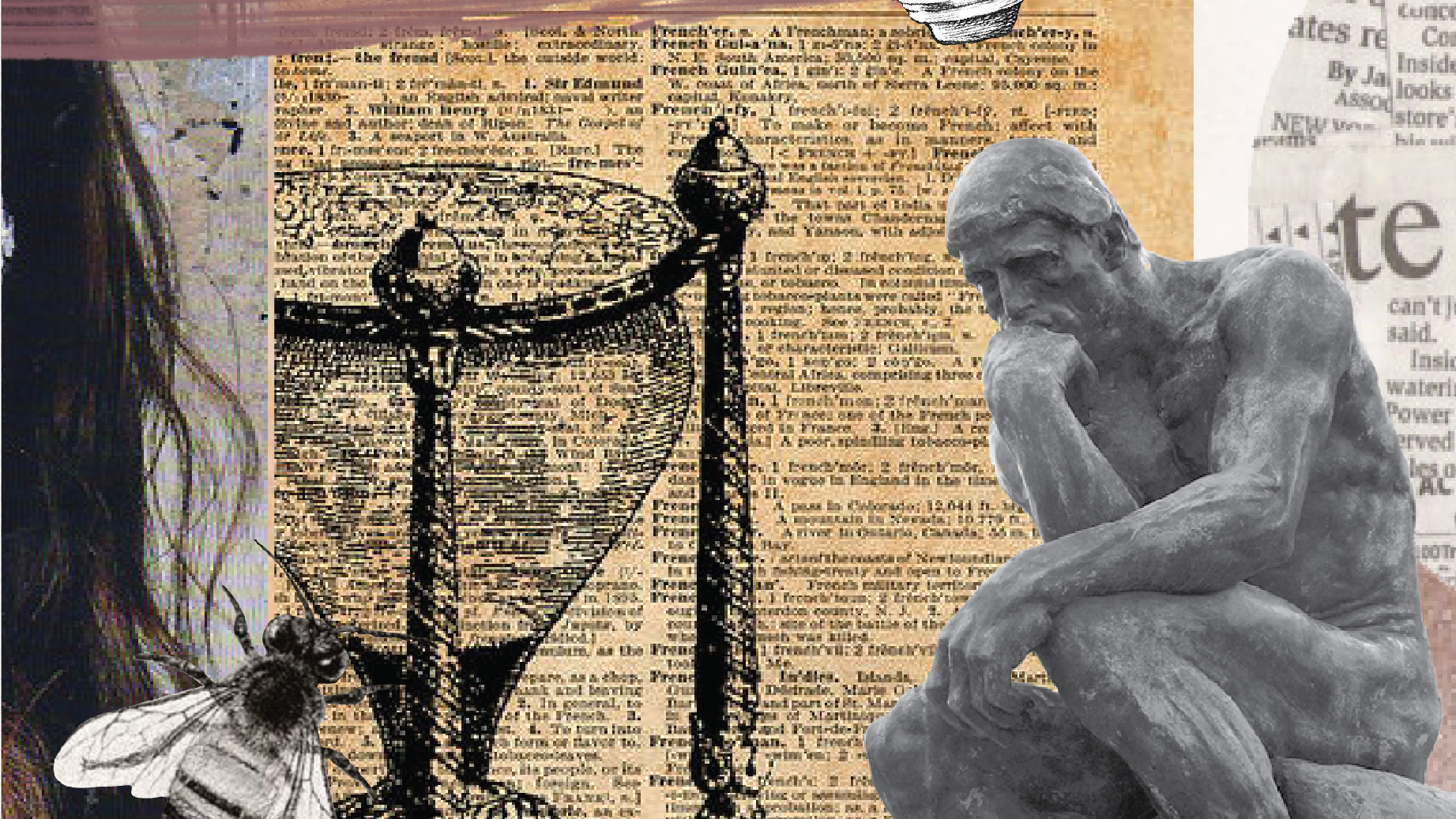
In the first two articles in this series, we discussed how experiencing God’s loving presence changes our attitudes, values, thoughts, feelings, desires, and behaviors because the human heart was designed to be grounded and rooted in God’s unlimited, loving care. That God’s love makes a positive difference to our inner and outer lives is no more magic or mystery than that soil and water makes a difference to a plant’s development (Psalm 1 and Jer 17:5–8). Although biblical facts about God’s love are essential, those facts are meant to direct us to an experiential life with God himself (Jn 5:39–40). As David Benner said, “It is not the fact of being loved unconditionally that is life-changing. It is the risky experience of allowing myself to be loved unconditionally.”
But how do we allow ourselves to experience God’s unconditional love? Scripture encourages us to “seek first the kingdom of God” (Matt 6:33), “abide” in Christ’s love (Jn 15:9), “walk by the Spirit” (Gal 5:19, 25), “draw near to God” (Jam 4:8), and “keep yourselves in the love of God” (Jude 21). Seeking first, abiding in, walking by, drawing near, and keeping one’s self in the love of God are biblical images of our response to the gracious availability of God’s love in Christ brought to us by the Holy Spirit. These are not ways to get God to love us (he already loves us perfectly in Christ) nor ways to get God to fill us with his love (the fullness of his love is already available by the Spirit). Instead, these are activities or practices of faithfully receiving, opening, and entrusting ourselves to the love of God that is already present. Like an immense body of water built up behind a dam, the immensity of God’s love is fully available to us in Christ and by the Spirit. Paul says that the Spirit of God has poured the love of God abroad in our heart (Rom 5:5). The problem is that we have built dams that hold God’s love back. Because God loves us as we are, his love respects the dams we bring into relationship with him. First Corinthians 13 tells us that God’s love is “patient and kind . . . It does not insist on its own way” (1 Cor 13:4, 5). Because God is love, he does not force his love upon us. Rather, as C. S. Lewis says, God can give us himself “only insofar as our self-affirming will retires and makes room for him in our souls.”
Our Push and Pull with God
This suggests that there is a push and pull in our relationship with God. We pull God close while we also push or hold him back. We seek him and we also hide from him. We abide in him while also attempting to abide elsewhere. The fourth century theologian, Augustine of Hippo, depicts this push and pull well. Augustine famously writes, “You have made us for yourself, O Lord, and our heart is restless until it rests in you.” As we come to find our rest in God, our restless desires to find life apart from him are soothed. However, a few paragraphs later, Augustine complicates this picture. “Oh! How shall I find rest in you? Who will send you into my heart to inebriate it, so that I may forget my woes, and embrace you, my only good?” Augustine knows he was made to find his rest in God (the pull toward God) and at the same time he is aware that his fears and insecurities hold him back and push God away.
This brings to mind the story of Mary and Martha (Lk 10:38–42). Remember that Mary sat at Jesus’s feet listening to him, while Martha’s busyness distracted her from Jesus. Jesus says, “Martha, Martha, you are worried and troubled about many things, but one thing is needed. Mary has chosen the best part” (Lk 10:41–42, NET). Martha’s worries and troubles kept her from fully resting in the love of God at the feet of Jesus. Like Martha and Augustine, even though we know we need God most of all, we too are distracted from finding our rest in him. The old hymn gets it right, “Prone to wander, Lord, I feel it; Prone to leave the God I love.” Like our first parents, we would rather try to be our own gods than trust the true God (Gen 3:4–6). This dynamic of pride and the resultant activities that keep us distracted make up patterns of resistance to receiving God’s loving presence. Because these patterns begin when we are very young and become entrenched within us, it is terrifyingly difficult for us to let go of our resistance and receive the love of God.
Resisting and Receiving
You might remember a scene in the movie Good Will Hunting when Matt Damon’s character, Will, is talking with his therapist who is played by the late Robin Williams. Referring to Will’s childhood abuse by his alcoholic father, the therapist says softly, “Will, it wasn’t your fault.” Will responds with apparent indifference, “I know, I know.” The therapist steps towards Will with a little more insistence in his still tender voice. “Will, it wasn’t your fault.” Will is now obviously uncomfortable with the assertion and says in a louder, dismissive tone, “I know! I know!” Robin Williams’s character brings this potentially life-giving and life-changing truth up again, lovingly drawing closer to Will. “Will,” he slowly emphasizes, “it wasn’t your fault.” As the rest of the scene unfolds, Will resists and then comes to receive the truth that he was not to blame for his father’s abusive ways. Of course, the lie that he was responsible had held a powerful place in Will’s life and to accept an alternative message experientially was terrifying. Although it was unchartered territory for Will, he was able to come to a place where he could lay down his resistance and receive a life-changing truth in relationship with another.
This fictional scene offers a helpful illustration of how people can resist experiencing life-giving and life-changing truth from others. It is especially hard to lay down that resistance when receiving those truths threatens how we have learned to cope and survive without God and others from the earliest moments of our lives. In various places, Scripture points out that persons who put their trust in Jesus do not immediately lay down all of their resistance the moment after they get saved. For instance, in Ephesians 4:22 the apostle Paul speaks of an “old self” rooted in a “former manner of life” that the Ephesian Christians lived prior to putting their trust in Jesus (see Col 3:9 and Rom 6:6). This “old self”—sometimes referred to by Paul as “the flesh”—involves habituated ways of finding life apart from God (Phil 3:3–11). While Paul calls Christians to walk by the transformational Spirit, he understands the push and the pull of the old self and the new self. Paul states, “the desires of the flesh are against the Spirit, and the desires of the Spirit are against the flesh, for these are opposed to each other, to keep you from doing the things you want to do” (Gal 5:17). The flesh, for Paul, is relational resistance to the life-giving and life-changing reality of God in our lives by his Spirit. When we give into the desires of our autonomous resistance, we “quench the Spirit” (1 Thess 5:19), “grieve the Holy Spirit” (Eph 4:30; cf. Is 63:10), and choose to be filled with things in place of the fullness of the Spirit (Eph 5:18).
Since we all come to new life with Jesus with an “old self” belonging to our “former manner of life,” we come with lingering resistance in our attitudes, values, thoughts, feelings, desires, and behaviors. Even after we begin our journeys of following Jesus, these patterns remain present to varying degrees in our daily lives. And so, we say, “Lord, I trust you, but help the places in me that do not trust you fully and still cling to my former manner of life.” The Christian life is a process of learning to more deeply receive and entrust ourselves to God’s loving presence and, as we do so, we will become more and more aware of the pockets of resistance—the dams—that keep God’s transformational and empowering presence at bay. These pockets of resistance are at bottom prideful attempts to be God rather than trust him.
Resistance Due to Our Relational History and Idolatry
One of the primary places we struggle to trust God is where we have been mistreated by others in our past. Our old self and former manner of life includes how we have been treated by significant others, how we view ourselves due to that treatment, the resultant expectations we have of others, and the strategies we have deployed to protect ourselves from being hurt and disappointed in the future. We may have deep fears of being shamed, abandoned, condemned, neglected, made fun of, abused, manipulated, misunderstood, or forgotten. And so, we seek to protect ourselves by refusing to trust others fully, especially in circumstances that remind us of how we have been failed and hurt in the past. These patterns of protection or defensiveness become part of our standard operating procedure and help us feel safe even when we are in more healthy, safer relationships. Unfortunately, these patterns of resisting love, grace, acceptance, forgiveness, care, understanding, and so on can be present even in our relationship with God. Even though we cognitively know the biblical fact that God’s love never fails, it is difficult to trust and experience his unfailing love when our hearts are used to holding back in fear and worry. Like someone afraid of the deep end of the pool, we cling to the sides of our relationship with God unwilling to dive into the deep, deep love of Jesus.
To make matters worse, patterns of distrust and resistance to God manifest in idolatrous attempts to find life, meaning, and value apart from God. When we are not receiving the loving care that we are designed for, our restless hearts seek rest elsewhere. Idols arise when we look to something else to replace our fundamental need for God. Our idols could be money, status, image, food, drink, sex, power, control, reputation, possessions, accomplishments, and on and on. We try to find something we can hang on to that will give us meaning, purpose, value, acceptance, love, significance or at least numb the pain of not having those things. Colossians 3:5 names “covetousness” as idolatry. Covetousness is simply wanting to get what we want whenever we want it. If I think I can get whatever I want whenever I want it, I certainly won’t need to entrust myself to God’s care. I can be my own god and take care of myself, thank you very much.
As we have all experienced, our attempts to find life in our idols only leads to further emptiness and desperation. Through the prophet Jeremiah, God describes this pattern, “This is what Yahweh says: ‘What injustice did your fathers find in me, that they went far from me, and walked after emptiness and became empty?’” (Jer 2:5). Yahweh continues, “for my people have committed two evils: they have forsaken me, the fountain of living waters, and hewed out cisterns for themselves, broken cisterns that can hold no water” (Jer 2:13). Cisterns were made by digging holes in the ground to collect rainwater. Instead of turning to God, the fountain of living water, we try to find water on our own by digging around in the mud.
Conclusion
We have seen that due to our own pride and the pain caused by the pride of others, we try to protect ourselves by turning away from God and toward idols that leave us empty. Our distrust in God and our idolatrous strategies to live apart from him become entrenched in our lives so that it is very hard to die to our “old self” and our “former manner of life.” Spiritual transformation is so slow because we are so resistant to finding our rest in God. Add to that a culture that has been created by other restless hearts who are pridefully protecting and distracting themselves from God, and we have a perfect storm for spiritual immaturity.
But, thanks be to God, Jesus has rescued us from this predicament by sending his Spirit into our hearts crying out “Abba, Father!” (Gal 4:6). As Paul says, we can “walk by the Spirit” and thereby “not gratify the desires of the flesh” (Gal 5:16). That is to say, as we trust in Christ, we can draw near to the one who has drawn near to us by his Spirit. We can “put off” the old self and “put on” the new self. As the writer of Hebrews puts it, “let us lay aside every weight, and the sin which so easily ensnares us, and let us run with endurance the race that is set before us, looking unto Jesus, the author and finisher of our faith” (Heb 12:1–2).





